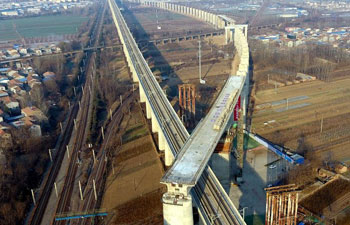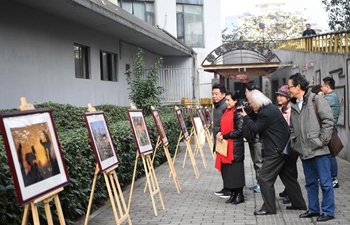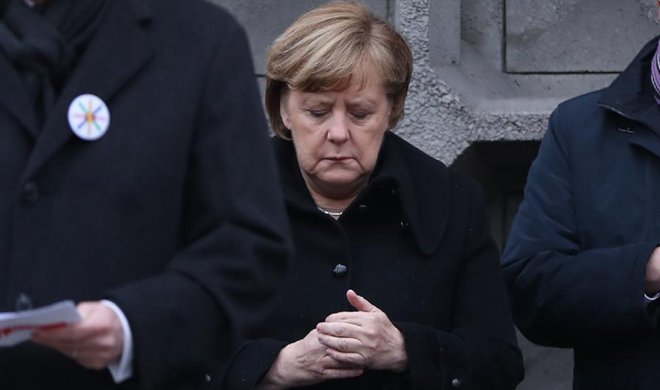BEIJING, Dec. 19 (Xinhua) -- China unveiled a nationwide carbon emission trading system on Tuesday in a step toward establishing a national carbon market that will rank as the world's biggest.
The trading system will first go into operation in the power generation industry, according to the National Development and Reform Commission (NDRC), the country's top economic planner.
Under the scheme, enterprises are assigned emission quotas and those producing more than their share of emissions are allowed to buy unused quotas on the market from those that cause less pollution.
Since 2013, China has tested carbon trading in seven pilot cities, including Beijing. Now the practice will be expanded nationwide.
The power generation industry was chosen as the first sector to implement the trading system as it is the best prepared and has the most complete data on emissions among all industries, said Zhang Yong, deputy head of the NDRC, at a press conference.
With more than 1,700 power-generating firms included in the system and their emissions exceeding 3 billion tonnes in total, the national carbon market, even in its first phase, will be bigger than any other market in the world, including the European Union market, Zhang told reporters.
"We will consider including other energy- and emission-intensive industries," said Li Gao, an NDRC official, who noted that the threshold for carbon trading may be reduced further.
Currently only companies with emissions equivalent to 26,000 tonnes of carbon dioxide or more can be involved in the trading system, according to Li.
He said carbon trading in the seven pilot cities saw transaction value reach 4.6 billion yuan (696.8 million U.S. dollars) as of November, with traded emission quotas exceeding 200 million tonnes.
China aims to cut carbon dioxide emissions per unit of GDP by 60 percent to 65 percent from the 2005 level by 2030. This measure fell 6.6 percent last year, surpassing the country's goal of a 3.9-percent reduction, and dropped around 4 percent in the first three quarters.















